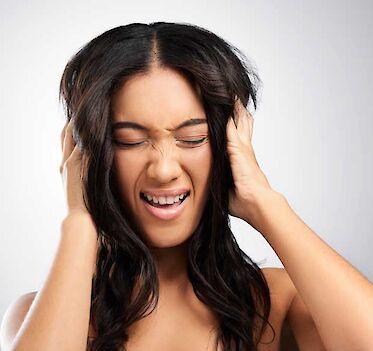Your Guide to Keeping You and Your Kids Lice-Free and Healthy
As the school year begins, children might bring home more than homework and new friends—lice can also make an unwelcome appearance. Lice infestations are a common issue during the school year, and it's important for parents to recognize the symptoms, understand treatment options, and know how to prevent these pesky parasites.
What is Lice, how do you get them?
The idea of lice can be pretty unsettling, but what exactly is a louse? Lice are tiny insects that infest the scalp and skin, feeding on human blood. These little pests move by crawling—they fly or hop. Head lice are primarily spread through direct contact with someone already infested, a common occurrence among children playing at school or home. Some other ways someone might contract lice are through:
- Wearing clothing like hats, scarves, coats, sports uniforms, or hair ribbons that someone with lice has used.
- Using the towels, combs, or brushes of an infected person.
- Laying or sitting on the furniture that has come in contact with an infected person
It's crucial to know that getting head lice does not reflect personal hygiene or the cleanliness of your surroundings.
Symptoms of Lice
Some common symptoms of lice include:
- Intense itching
- Tickling feeling on the scalp
- Appearance of lice on your scalp, body, and clothing.
- Lice eggs might appear on or around the roots and down the hair shaft.
- Sores on scalp
Treatment of Lice
If you discover your child has lice, don’t panic—treatment is straightforward. Over-the-counter lice shampoos and conditioners usually kill lice and their eggs. In some cases, prescription treatments may be necessary. It's also important to comb through the hair with a fine-tooth comb to remove nits and thoroughly clean bedding, clothing, and hair accessories to prevent re-infestation.
Prevention of Lice
Preventing lice can be challenging, especially in a school setting where children are in close contact. Encourage your child to avoid sharing hats, combs, and other personal items. Regularly checking your child’s hair for lice, especially after sleepovers or school events, can help catch an infestation early.
How HealthCARE Express Can Help
At HealthCARE Express Urgent Care, we’re here to help with any lice concerns. From diagnosis to treatment recommendations, our team is ready to assist in keeping your child and household lice-free this school year.
